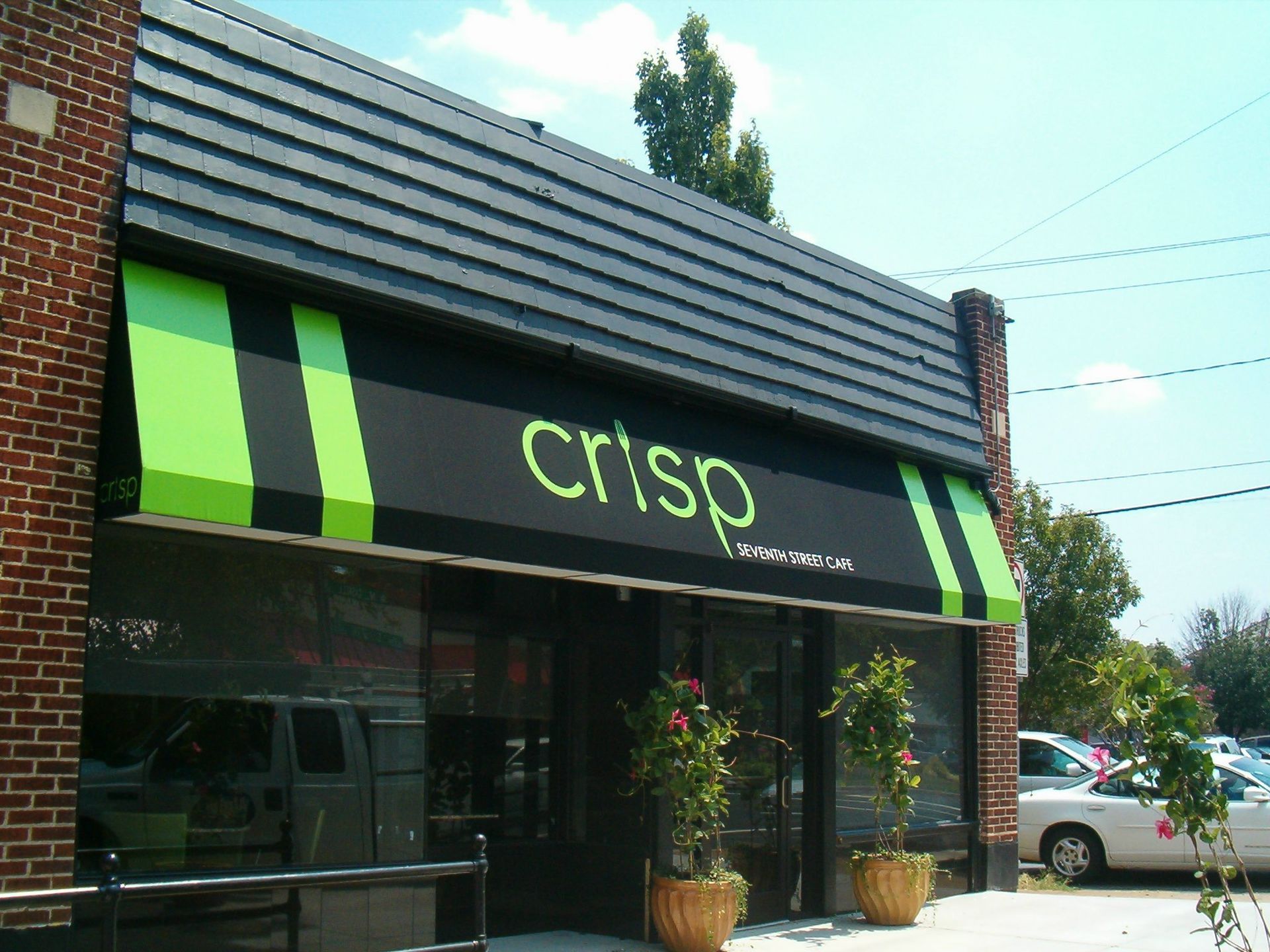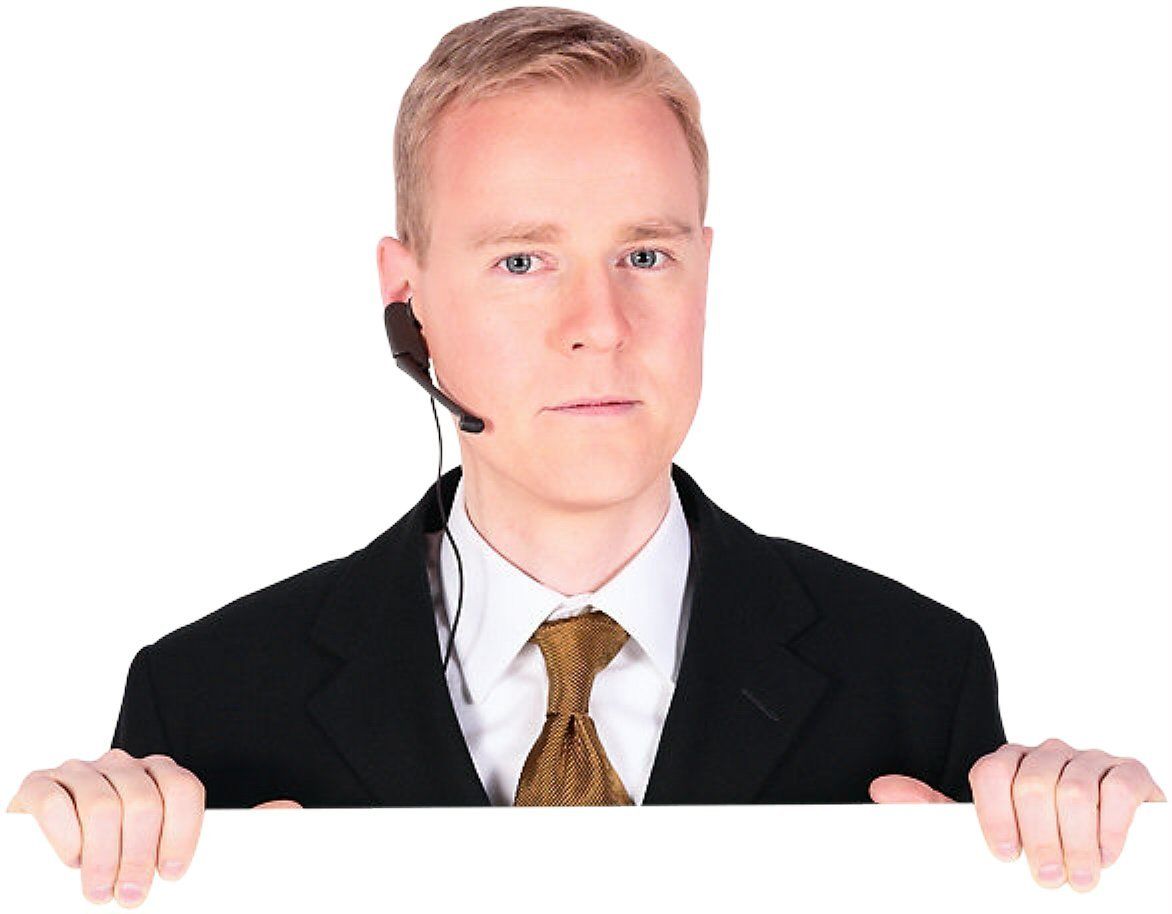 Breaking News
Breaking News
The Hidden Tax: Why DIY Accounting Costs Founders Everything
The clock face is a blur, each tick a tiny, irritating pinprick against the silence of the room. It’s January 30th, and the digital glow from the half-finished tax return on my screen is a malevolent eye. My phone, sticky with condensation from a forgotten glass of water, is pressed against my ear, the tinny hold music a mocking soundtrack to my spiraling frustration. This is the third time today I’ve called the HMRC helpline, trying to decipher a nuance of self-assessment that feels deliberately obscured by a veil of bureaucratic jargon. I do a quick, mental calculation: the hourly rate I’m effectively paying myself to do this, factoring in the gnawing stress and the hours I’ve spent just *trying* to understand, is laughably, terrifyingly low-perhaps £5. That number alone should be a warning beacon, shouldn’t it?
The True Cost of DIY Accounting
What happens when your ‘saving’ actually costs you more than you can possibly imagine?
I’ve been there, I really have. There was a time, not so long ago, when the satisfaction of meticulously categorizing every single receipt, of ensuring every last penny was accounted for on my own spreadsheets, felt like a badge of honor. It was a misguided sense of control, a belief that by personally overseeing every fiscal detail, I was somehow safeguarding my fledgling venture. I even took a strange, almost compulsive delight in alphabetizing my spice rack, a habit that crept into my business operations, making me believe that total, granular command over the trivialities equated to wisdom. I thought I was being savvy, cutting out the ‘middleman,’ saving those hundreds of pounds on an accountant. What I didn’t realize then, but understand with brutal clarity now, is that I wasn’t saving pennies; I was bleeding pounds, in a way that wouldn’t show up on any balance sheet.
Granular Control
Strategic Vision
The Dollhouse Architect’s Dilemma
Consider Miles L.-A., a brilliant dollhouse architect. His designs are miniature masterpieces, exquisite down to the tiniest, perfectly scaled detail – a tiny, hand-carved spiral staircase, a micro-tiled bathroom, a working miniature chandelier. He’d spend 45 hours on a single dollhouse, pouring his soul into every joint, every brushstroke. His clients adored him; his work was commissioned by collectors across continents. But when it came to his business, Miles was stuck in the miniature too. He insisted on doing his own books. “It’s simple,” he’d tell me, gesturing with hands that could sculpt a gargoyle’s nose with unsettling precision. “Just income and expenditure, right? Why pay someone £575 for something I can do myself?”
Miles was an artist, a visionary. But he spent 25 hours every quarter wrestling with invoicing software, trying to reconcile bank statements, and endlessly Googling tax codes. He’d save £5 on a bookkeeping app that promised simplicity but delivered only frustration. Meanwhile, a potential client, a prominent museum curator, had reached out, expressing interest in commissioning a highly complex, multi-room diorama. This project alone could have been worth tens of thousands of pounds. Miles, buried under a pile of invoices and struggling with a VAT return, missed the curator’s follow-up email. By the time he resurfaced, five days later, the opportunity had moved on. The museum had found another artist, perhaps less brilliant, but certainly more responsive.
Potential Commission
Quarterly Bookkeeping
Opportunity Cost: The Silent Killer
This is the silent, insidious killer of entrepreneurial growth: opportunity cost. It’s not about the £5 you might save on a cheaper piece of software or the £575 you avoid paying an expert. It’s about what you *didn’t* do, what you *couldn’t* do, because you were doing something else-something someone else could do better, faster, and for a fraction of the actual cost of your time.
The Founder’s True Role
A founder’s role isn’t to be a proficient clerk. It’s to be the visionary, the rainmaker, the one charting the course. It’s to be selling, creating, leading. Every hour Miles spent trying to understand the nuances of capital allowances was an hour not spent refining his craft, not networking with potential clients, not mentoring his fledgling assistant, not innovating a new miniature technique that could revolutionize the dollhouse market. It was an hour *not* spent building the empire he dreamt of. He literally traded future growth for present, negligible savings. This isn’t just about making tax mistakes, though those can be costly-like Miles accidentally claiming personal expenses as business ones, leading to a £235 penalty a year later. It’s about the erosion of momentum, the stifling of potential, the quiet concession of ambition.
Intelligent Investment vs. Scarcity Mindset
Founders who insist on doing their own accounting are often operating from a scarcity mindset, a fear of spending. But true wealth creation isn’t about hoarding every penny; it’s about intelligent investment. Investing in an expert who can handle the administrative complexities frees you to focus on high-leverage activities. Imagine Miles, instead of deciphering tax forms, spending those 25 hours designing a new line of historical miniature furniture or pitching his work to a major gallery. What would that be worth to his business? Far more than £575. Far more than any self-assessment refund he might claw back.
Accountant Fee
Potential Gallery Commission
The Expertise You Can’t Google
And let’s be blunt: the level of expertise required for accurate, compliant accounting is not something you pick up in a few frantic hours on Google. It’s a profession, a discipline. There are complex regulations, evolving standards, and strategic tax planning opportunities that a professional accountant understands intrinsically. For instance, knowing how to structure your business, how to optimize your expenses, or how to claim specific reliefs can genuinely save you thousands, not just hundreds, and far exceed the fee you pay. If you’re a business owner in the North West, looking for clarity and genuine financial strategy instead of just compliance, seeking out experienced accountants in Bolton or in surrounding areas can be one of the best investments you’ll make.
This isn’t to say founders shouldn’t understand their finances. Far from it. A basic understanding is crucial. But understanding is different from execution. You need to know your numbers, your cash flow, your profit margins. You need to read the reports and ask the sharp questions. What you don’t need to do is become the person who compiles those reports or answers those questions on behalf of the tax authority. Your energy, your singular vision, is too precious to be diluted by tasks that others are specifically trained to perform. Miles, with his incredible talent for bringing tiny worlds to life, should have been immersed in his craft, not tangled in HMRC’s web.
The Visionary vs. The Operator
It’s a fundamental misunderstanding of value. When you undervalue your own strategic time, you condemn yourself to remain an operator, perpetually trapped in the weeds of your business, unable to climb high enough to see the horizon. You remain small, limited by the hours in your day, rather than expanding through smart delegation and leveraged expertise. It’s a subtle but profound self-sabotage, one that undermines the very entrepreneurial spirit that drove you to start your business in the first place.
The Operator
The Visionary
Your Next 35 Hours
Think about the best use of your next 35 hours. Is it struggling with spreadsheets, trying to make sense of allowable expenses, or is it strategizing your next big move? Is it perfecting your product, closing a deal, or inspiring your team? The answer, if you’re truly honest with yourself, should be blindingly obvious. The DIY accounting trap isn’t just about saving a few pounds; it’s about losing your company’s future, one frustrating, misguided hour at a time.
The Founder’s Choice
What kind of founder do you aspire to be: the meticulous clerk, or the visionary architect of worlds?








































